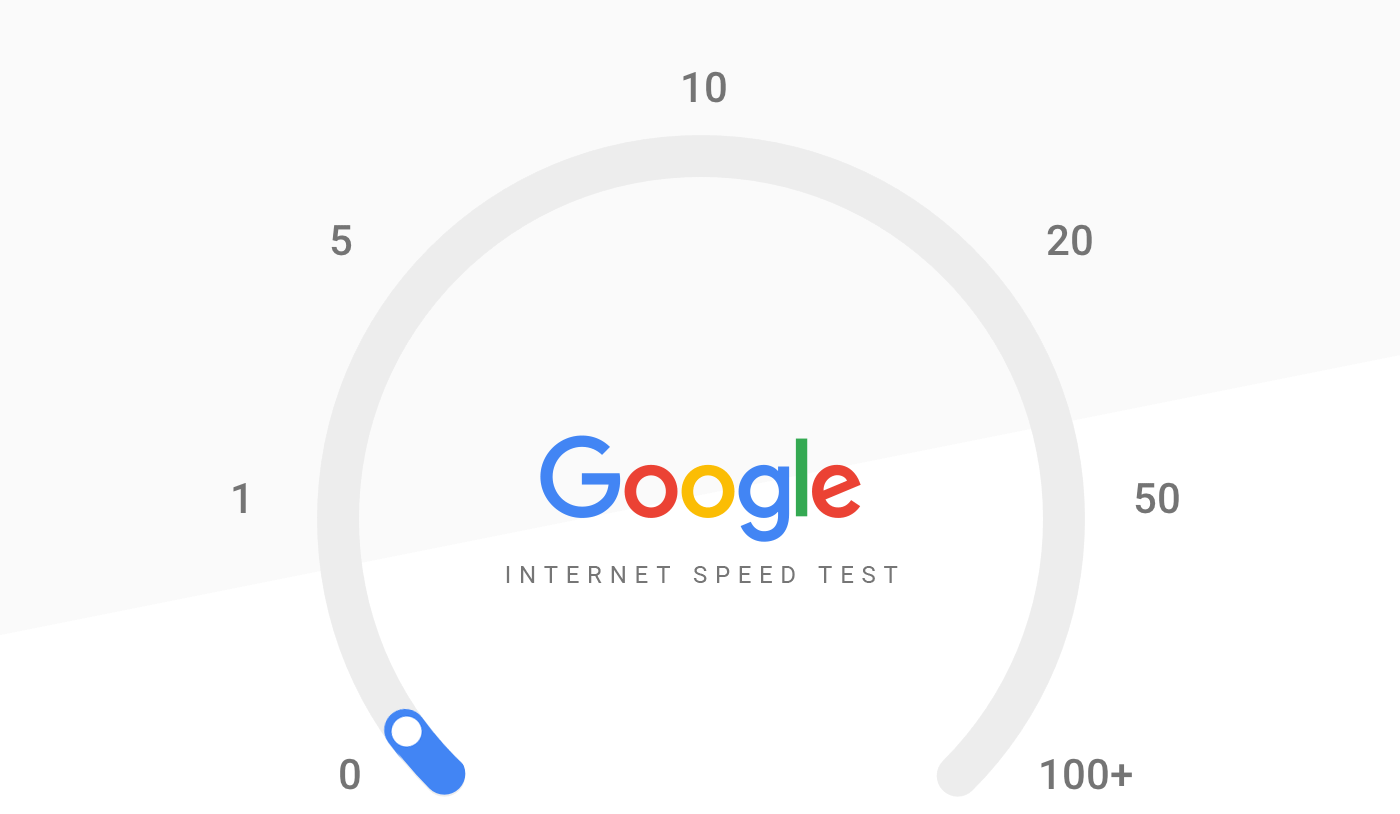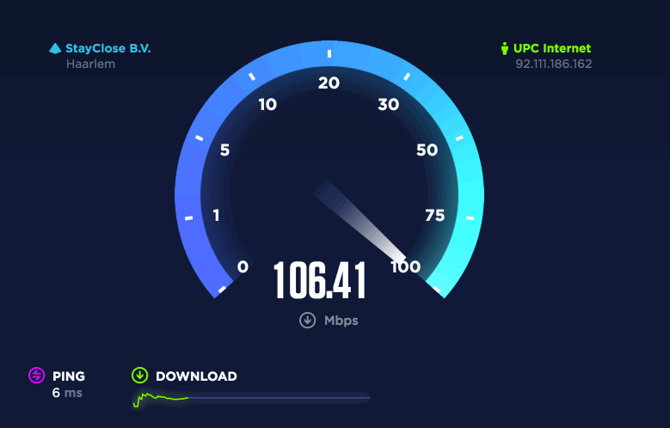

Ping will go up if you're connecting to a server that's very far away, or if there's some sort of interference somewhere in the connection. Think of it like a round-trip flight time for your internet connection. Simply put, the ping number is the time that it took for your device to send a signal to whatever distant server you connected to during the speed test, and then receive a response.
#GOOGLE SPEEDTEST WEB DOWNLOAD#
In addition to showing you the current upload and download speeds for whatever device you're running the test on, most internet speed tests will also give you a figure called ping, which is a latency measurement measured in milliseconds. Also, consider running a few speed tests throughout the day for an idea of how your speeds fluctuate at different times. Moving closer to the router, for example, can help get more accurate results, but for the best result, try testing over an Ethernet connection, if possible. Keep this in mind when running a speed test and take measures to mitigate potential speed disruptions. Possibly worst of all, if your internet provider enforces data caps or throttles connections to help maintain overall network performance, you'll experience noticeable hits to your internet speed. In other instances, your internet speed can fluctuate depending on peak usage hours. If there are walls or other obstructions between your router and the device you're using, this could cause your internet speed to fall. Moving away from your router can further hinder your speeds. Wi-Fi will almost always be slower than an Ethernet connection. There are a few things possibly affecting your speeds, but using a Wi-Fi connection is the most likely cause of tested speeds that are lower than the speeds your ISP runs to the home.

Keep those times in mind - they are ideal for scheduling downloads of large files such as video games or movies. Try running a few speed tests throughout the day for an idea of when your connection is at its peak performance.

#GOOGLE SPEEDTEST WEB FREE#
The service released a video-specific speed test that measures your network's ability to handle 4K video streams, and it recently added a free VPN to its mobile app. Ookla's done a good job of keeping up with the times by adding new features and capabilities over the years. Incidentally, Ookla's speed test is also the one we use when we're testing Wi-Fi routers.
#GOOGLE SPEEDTEST WEB ANDROID#
Popularity aside, we like Ookla for having everything a basic user needs from a speed test: accuracy, the ability to view your speed test history (when you create an account), a wide array of servers to connect to, and even a handy app for speed testing from your Android or iOS device. One of our favorites is the Ookla speed test, which has a strong reputation for consistency and for being one of the first speed tests on the web.


 0 kommentar(er)
0 kommentar(er)
